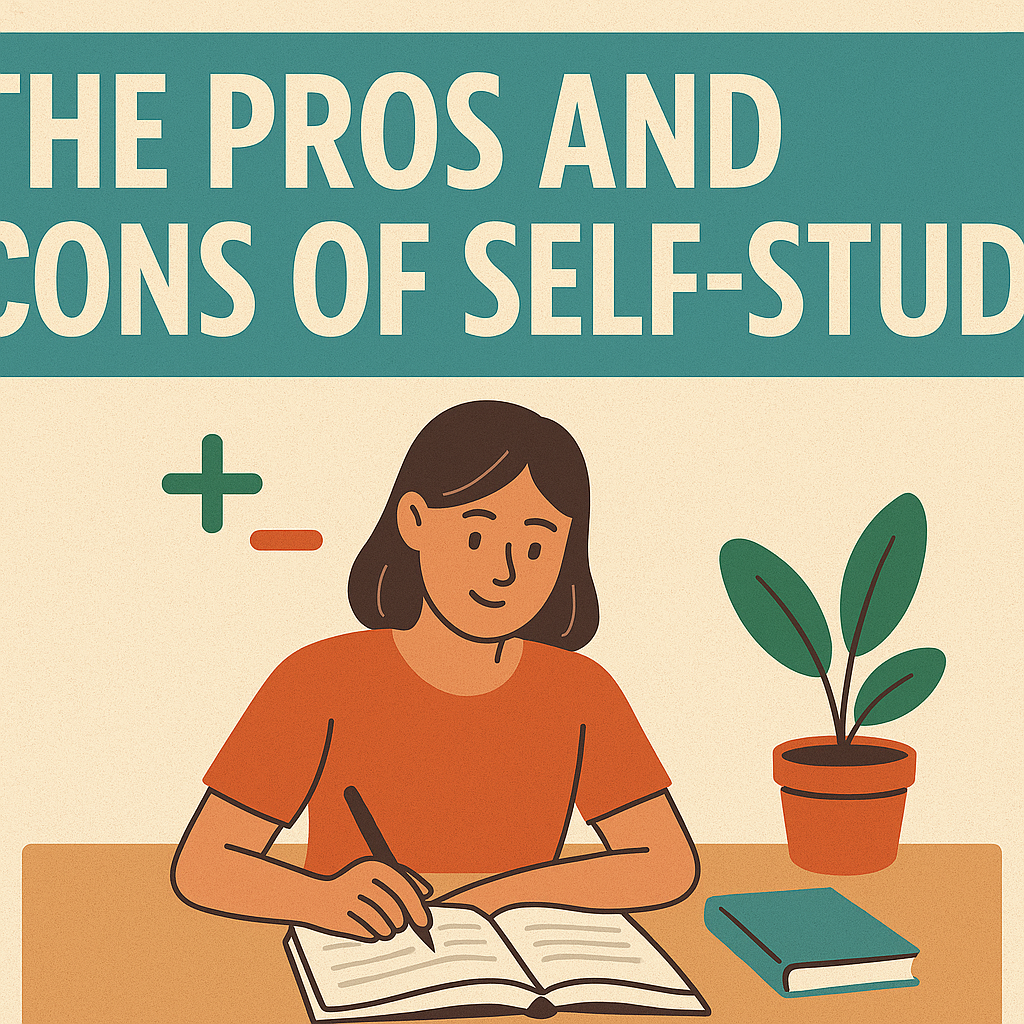
Learning Strategy & Planning
The Pros and Cons of Self-Study
When I started learning European Portuguese, I chose to do it mostly on my own.
No group classes, no tutors at first, just me, my resources, and a lot of trial and error.
Self-study can be fantastic but it also comes with real challenges. Here’s what I’ve found.
✅ The Pros
1. Flexibility
You study when and how you want. Early morning? Late night? One hour or five minutes? You’re in control.
2. Cost-Effective
You don’t have to pay for courses or tutors if you don’t want to. Many great resources are free or low-cost.
3. Tailored to You
You focus on what you want to learn whether that’s grammar, pronunciation, or just basic phrases for travel.
❌ The Cons
1. No Feedback
It’s hard to know if you’re making mistakes, especially in pronunciation or grammar, without someone to correct you.
2. Lack of Structure
Without a plan or course, you can end up jumping between topics without real progress.
3. Motivation Dips
It’s easy to burn out or get discouraged when no one else is keeping you accountable.
🧭 My Advice?
Start with self-study but add structure when you can:
- Use a book or app with a clear progression
- Find a tutor for occasional speaking practice
- Set realistic goals and track your progress
Final Thought
Self-study doesn’t mean going it alone forever. Think of it as a base layer, something that gives you freedom, but works best when combined with support and feedback.
It’s your language journey and you get to design it.